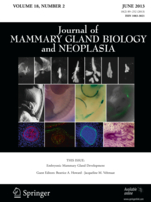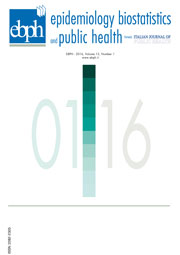
We all make mistakes – but when it comes to the scientific literature, too many authors are making critical mistakes in their list of references, making it difficult for readers to retrieve a cited paper. We spoke with Marilyn Oermann, the Thelma M. Ingles Professor of Nursing at the Duke University School of Nursing, who has studied this problem extensively in the nursing literature.
Retraction Watch: You’ve published multiple papers looking at reference problems in nursing research. What are the main types of “reference problems” that usually occur? Continue reading You cited which paper?? Reference errors are more common than many realize








